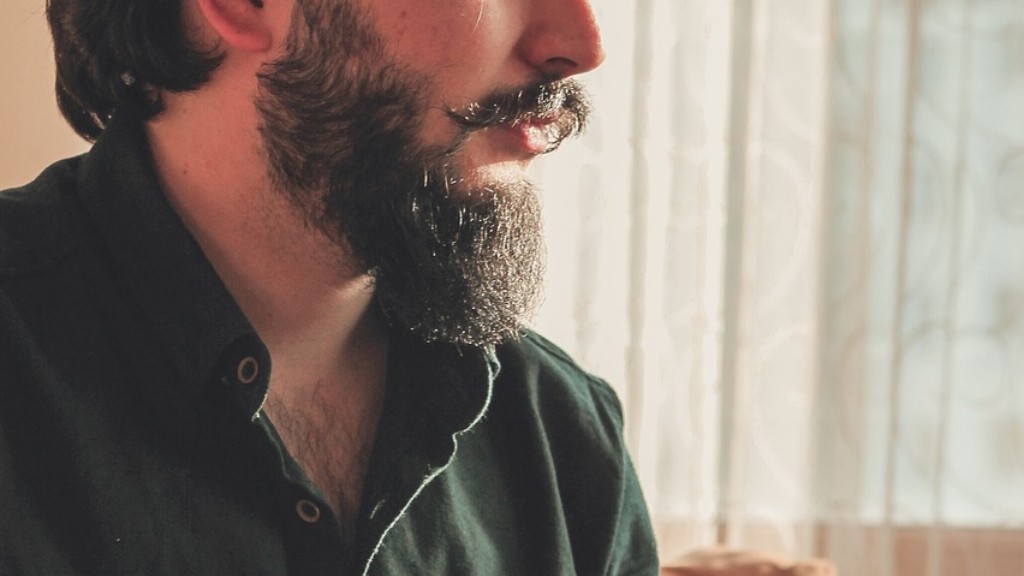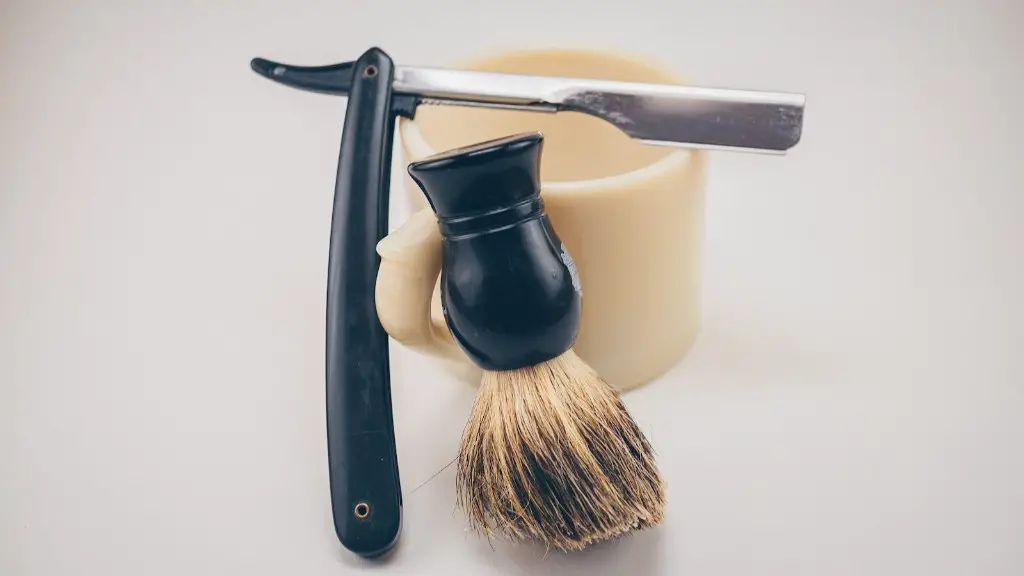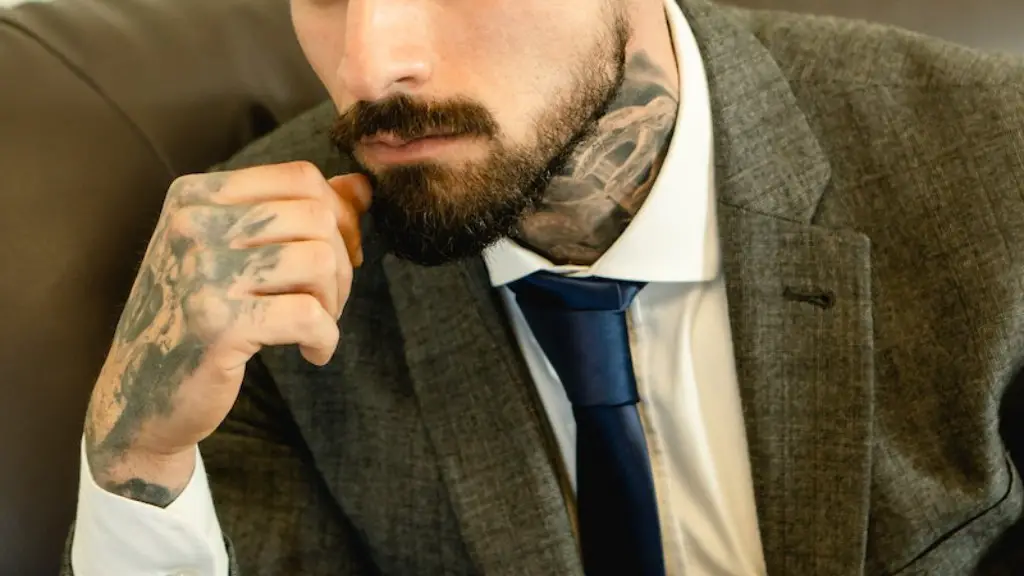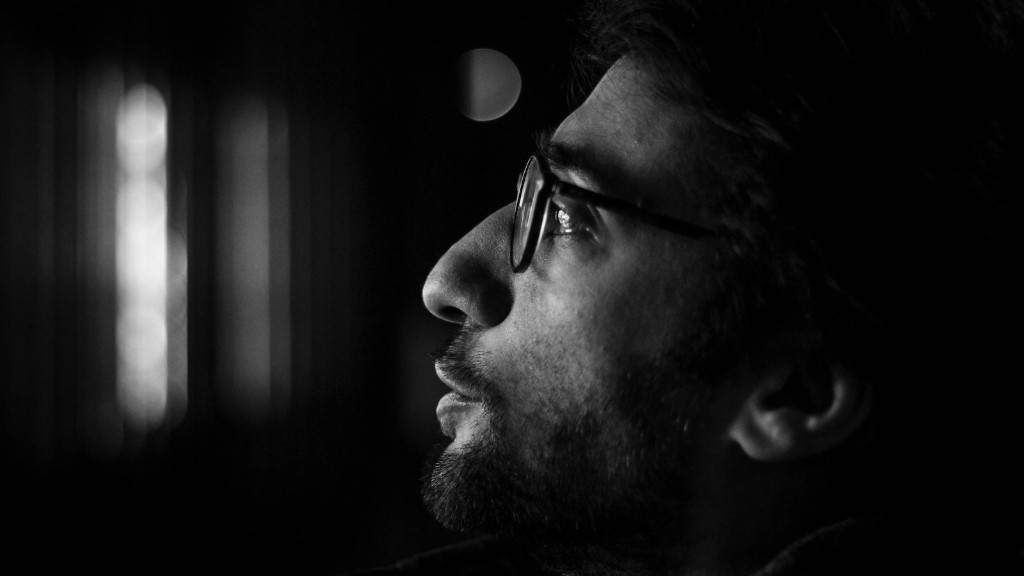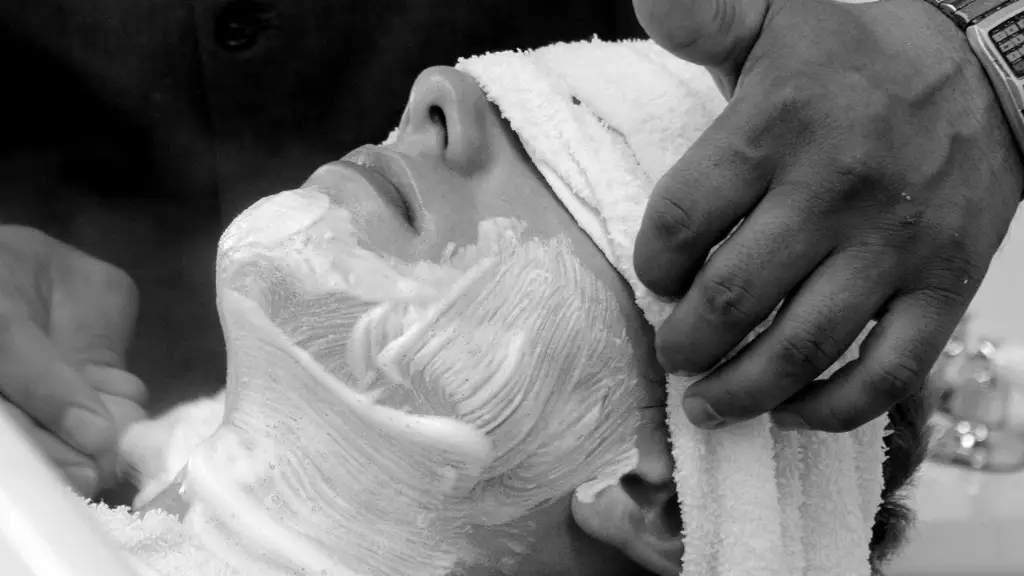There are many reasons why someone might not be able to grow a full beard. First, let’s look at the biology of beard growth. Beards are made up of hair follicles that are sensitive to a hormone called androgen. Androgen is produced in both men and women, but men have much higher levels of it. The level of androgen in your body is determined by your genes and can also be affected by things like stress, illness, and puberty. So, if you have a genetic predisposition or condition that affects your body’s ability to produce androgen, you may not be able to grow a full beard. Additionally, if you’re going through puberty, you may not yet have the high level of androgen needed to grow a beard. Lastly, if you’re under a lot of stress or dealing with an illness, your body may not be able to produce enough androgen to support beard growth.
Despite the biology, there are other factors that can affect beard growth. For example, if you don’t take good care of your skin and hair, you may not be able to grow a full beard. Beards need to be kept clean and hydrated in order to grow properly. Additionally, if you use products like shaving cream
There could be many reasons why someone is unable to grow a full beard. Hormones can play a role in hair growth, so if someone has a hormonal imbalance, they may not be able to grow a full beard. Another reason could be the person’s genes. If the person’s father and grandfathers could not grow full beards, then it is likely that the person will not be able to grow one either. Lastly, certain health conditions can also affect hair growth, so if someone is unable to grow a full beard, it is best to consult with a doctor to rule out any underlying health problems.
Why is my beard not full?
1. Age: As men age, their beard hair follicles tend to shrink, resulting in thinner and patchier beards.
2. Genetics: If your father or grandfather had patchy beards, chances are you will too. Unfortunately, there’s not much you can do about this one.
3. Alopecia Areata: This is a condition that causes hair loss, and can affect the hair on your head and face. While there is no cure, there are treatments that can help stimulate hair growth.
4. Hormonal Imbalances: Things like stress, thyroid problems, and certain medications can cause hormonal imbalances that can lead to patchy beards. Again, while there is no cure, addressing the underlying issue can often help improve the situation.
If you’re looking to grow a fuller beard, there are a few things you can do to promote beard growth. First, it’s important to have a good skin care routine. This will help to keep your skin healthy, which in turn will promote beard growth. Secondly, keep your stress levels low and your rest high. This will help to keep your body’s hormone levels balanced, which is necessary for beard growth. Third, eat well and exercise. This will help to keep your body healthy and promote proper circulation, both of which are necessary for beard growth. Fourth, drink enough water. This will help to keep your skin and hair hydrated, which is necessary for beard growth. Finally, use proper beard care products and style your beard in a way that works for you. This will help to keep your beard looking its best and promote healthy growth.
What causes poor beard growth
Genetics and hormones are the main factors that determine how quickly and fully a person’s beard will grow. Their lifestyle and habits may also affect how their beard grows. Testosterone is a hormone that affects the growth of facial hair, and its levels can vary.
Most men will have a full beard by their early 20s, but some may need to wait until they hit 30 to reach full beard growth. Puberty might initiate the facial hair growing process, but how fast and thick your beard grows will depend on factors that we’ll discuss below, including genetics and hormone levels.
Does patchy beard mean low testosterone?
Patchy beards are often thought to be the result of low testosterone levels. However, this is not usually the case. Patchiness is most often due to the sensitivity of your hair follicles to dihydrotestosterone (DHT), a male sex hormone produced by testosterone. If your follicles are sensitive to DHT, they will miniaturize and produce less hair. This can result in patchiness, as well as thinning and balding.
Testosterone and Dihydrotestosterone (DHT) are both hormones that play a role in facial hair growth. In general, higher levels of Testosterone and DHT will result in faster, thicker, and better beard growth. However, low levels of Testosterone can negatively affect your beard growth. If you are concerned about your facial hair growth, it may be worth speaking to your doctor about your hormone levels.
Will testosterone help with facial hair?
Testosterone aids in growing facial hair by interacting with the tiny hair follicles on your face. It pigments them giving them a darker color and stimulating them to thicken. However, testosterone without the right genetics won’t give you a bushy beard.
Shaving your beard will not make it grow back any thicker, healthier, or faster. In fact, it may do the opposite and damage your hair follicles, leading to hair that is finer and weaker. So save your time and your skin by skipping the razor.
Is there a trick to growing a beard
A lot of men are interested in growing a thicker, healthier beard. While there are no magic potions, eating a diet rich in high-quality protein (like fresh fish and lean meats) and fresh fruits and vegetables will provide the nutrients your body needs to sprout whiskers of herculean proportion.
Low levels of testosterone can have a negative effect on facial hair growth. If you are hoping to grow a beard, you may be disappointed if your testosterone levels are low. However, there are other factors that can affect beard growth, so it is possible to grow a beard even with low testosterone levels. Talk to your doctor if you are concerned about your testosterone levels and facial hair growth.
What age do most men grow a full beard?
There is no set age for when you will be able to grow a full beard. For some men, it can start as early as 18, but for others, it may not happen until they’re 30. So if you’re not seeing the beard growth you want, it’s likely because it’s just not your time yet. Be patient and it will come in due time.
The findings of the two studies confirm that men with full beards are seen as more masculine and healthier, and are therefore better suited to parenting. This may be due to the fact that facial hair is a sign of testosterone levels, which are linked to health and fitness. Whatever the reason, it’s clear that beards are a sign of strength and virility, and are highly attractive to women.
What age does beard stop growing
If you’re 18 and wondering why you don’t have a full beard yet, it may just not be time. From ages 18 to 30, most beards continue to develop in thickness and coarseness. Ethnicity can also play a role. So if you’re patient, your beard will likely continue to fill in.
The results of this study showed that there is no correlation between beard length and testosterone levels or dominance. This means that there is no evidence to support the hypothesis that beards are honest signals of the beard owners’ testosterone levels and dominance.
How can I test my testosterone levels at home?
If you’re interested in testing your testosterone levels at home, you can order a test kit online. The kit includes a finger prick device and instructions on how to do the test. It’s best to do the test when your body is warm, such as after a warm bath or shower. The results of the test will be available within a few minutes.
There are a few different signs of high testosterone levels in males. One of the most common signs is an increase in body hair growth. This can be seen in both the facial hair and body hair. Another sign is mood disturbances. This can manifest itself in a few different ways, but is often characterized by irritability and aggression. Finally, high testosterone levels can also lead to acne. This is often the result of an increase in sebum production.
Conclusion
The main reason you can’t grow a full beard is because of your genes. If your father could grow a full beard then you will most likely be able to grow one as well. However, if your father could not grow a full beard, then it is unlikely that you will be able to grow one either. There are a few exceptions to this rule, but for the most part, it is true. Some other reasons you may not be able to grow a full beard include:
-You are not getting enough sleep: Sleep is essential for beard growth. If you are not getting at least 8 hours of sleep per night, then you are not giving your body the chance to properly recover and grow.
-You are not eating enough protein: Protein is the building block of hair, so if you are not getting enough of it in your diet, then your beard will not be able to reach its full potential.
-You are not taking proper care of your skin: If your skin is dry or damaged, then your beard will not be able to grow properly. Be sure to moisturize your skin and avoid using harsh soaps or chemicals.
-You are under stress: Stress can lead to hair loss, which means that
There is no one answer to this question as everyone’s facial hair grows at different rates. Some people may be able to grow a full beard in a few months, while others may take a few years. Patience is key when growing a beard, as rushing the process can often lead to patchy or uneven growth. Keep in mind that genetic factors also play a role in how fast and full your beard will grow, so if you’re struggling to grow a full beard, it’s not necessarily your fault. In short, don’t be discouraged if you can’t grow a full beard right away – it takes time, patience, and a bit of luck.
